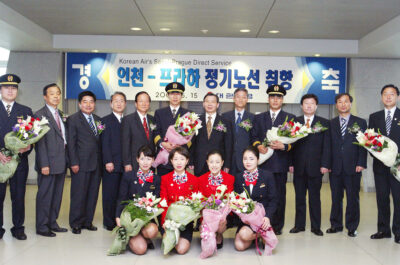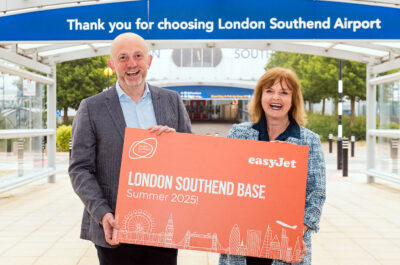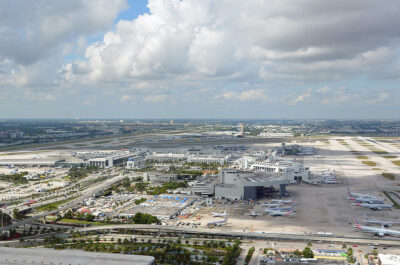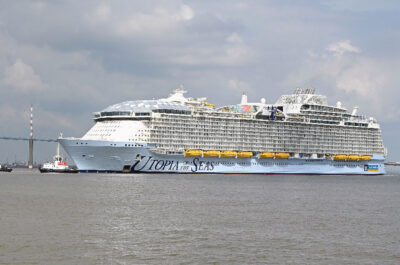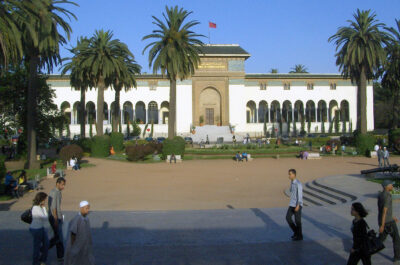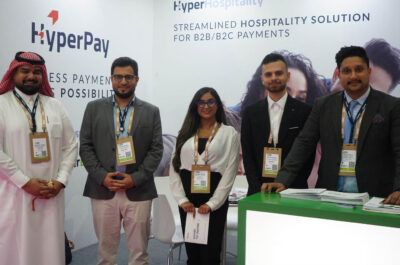Current rumour in tourism circles suggests that France has become an expensive destination, particularly because of the sustained growth of hotel rates…
Current rumour in tourism circles suggests that France has become an expensive destination, particularly because of the sustained growth of hotel rates. Often under aim, corporate operated chains would bear a major responsibility for this situation. Since 1999, the average daily rates of corporate operated chains, across all categories, rose faster than inflation (2.7% versus 2.0% on an annual average). But while it is true that hotel rates have risen more sharply in recent years than price levels in general, the statement deserves to be qualified.
- Since 1988, growth in the average daily rate across all categories has been 1% per year on average
Analysis of a longer period shows that annual growth of average daily rates for the hotel industry is less than it appears. Since 1988, growth of the average daily rate for the chain hotel industry has been 1% per year on average, which is less than the inflation rate.
The evolution of the general consumer price index and average daily rates for corporate operated chains in France between 1988 and June 2005

Source: MKG Consulting database – Official supplier of chain hotels – August 2005 Average daily rates and RevPAR expressed in euros VAT incl
These results explain the development of the most economic segments in the hotel chain supply. With the increase of their weight in the supply, the overall average daily rate is being pulled down.
These evolutions make France, where there is a bed supply that is truly high quality and economic, one of Europe`s forerunners. Elsewhere on the continent, low-cost accommodations are most often the territory of hotel alternatives, with its uncertain quality, and apply rates that can be quite high.
This result also betrays the cyclical aspect of medium-term changes of the hotel indicators with stronger growth in average daily rates on the period 1999/2005 than in the previous decade. This is particularly the case in 4* hotels, where economic growth and the international situation have a greater influence and which were boosted by a favourable context at the new millennium.
- In relation to changes in buying power, the rise in rates for super-economy hotels remains moderate
The change in rates on the super-economy segments are more linear and the rise in prices is effectively more significant (+3.5% of the average annual growth since 1988) than on other categories.
By taking inflation into consideration, the increase in average daily rates between 1988 and 2005 nonetheless barely surpasses 1.5% per annum. For the same period there was also an 83.3% increase in the SMIC from 4.38 to 8.03 current euros (source: INSEE). Thus, whereas the price of a 0*/1* room in was the equivalent of 4.35 hours of SMIC in 1988, this ratio dropped to 4.23 hours in 2005, or a drop by 2.8%.
However, it is generally agreed that these relatively reasonable prices also come along with improved services in super economy chain hotels, where most rooms are now air conditioned.
Evolution of the value of the SMIC in euros and of the ratio of the average daily rate of 0*/1* hotels in hours of SMIC between 1988 and 2005

Source: INSEE, MKG Consulting database – Official supplier of chain hotels – August 2005 Average daily rates and RevPAR expressed in euros VAT incl
Also, the current rate hike in super economy hotels tends to reveal operators` efforts to adjust prices further to the after shock of the Gulf War and the economic slump at the beginning of the 1990s.
This approach is all the more legitimate because, with occupancy rates at more than 72% in 2004 and in 2005, the demand for this type of product is growing constantly. The downtrend of this ratio observed for the past 2 years is the result of a slight decline in the growth of the average daily rates and of an increase in the gross SMIC.
Average daily rate for rooms in 0*/1* hotels in number of hours of SMIC in France between 1988 and 2005

Source: INSEE, MKG Consulting database – Official supplier of chain hotels – August 2005
- The French hotel industry remains very competitive on a European scale
The characteristics of the French market, with its large supply in the economy segment, allows the French hotel industry to post an average daily rate that is lower than those available in most other European countries: 71.4 euros VAT incl. Versus 92.7 euros on average in the European Union. Since 1998, the growth of average daily rates in Europe has been 2.5%, just slightly lower than in France.
Most French towns continue to offer attractive rates in comparison to other European cities. Of the 50 most expensive European cities, only 3 are French: Paris, Cannes and Nice. But these markets are specific. They are, in fact, characterised by the large supply of very upmarket hotels in the range of Palaces. Cities like Lyons, Marseilles or Toulouse are positioned above the 60th rung of the most expensive cities in Europe.
Even in Paris, the changes and hotel rates reveal a very competitive capital. As shown by the rack rate survey of all the major cities worldwide, recently carried out by MKG Consulting at the request of the Paris Convention and Visitors Bureau, the French capital remains a destination where hotels are particularly affordable, thanks in particular to the presence of inexpensive properties on the 2* and 3* segments: in 2*, Paris, with a rate of 83 euros, remains in the trio of least expensive cities in the economy niche and one of the most competitive European capitals. With an average rack rate of 173 euros, Paris offers mid-range hotels with rates remain within the average of those of the world`s great capitals.
Although hotel rates may have risen in recent years, we shouldn`t be to quick in drawing negative conclusions regarding a lack of competitiveness of France as a destination: it continues to have a great deal of appeal.
Theodore is the Co-Founder and Managing Editor of TravelDailyNews Media Network; his responsibilities include business development and planning for TravelDailyNews long-term opportunities.























